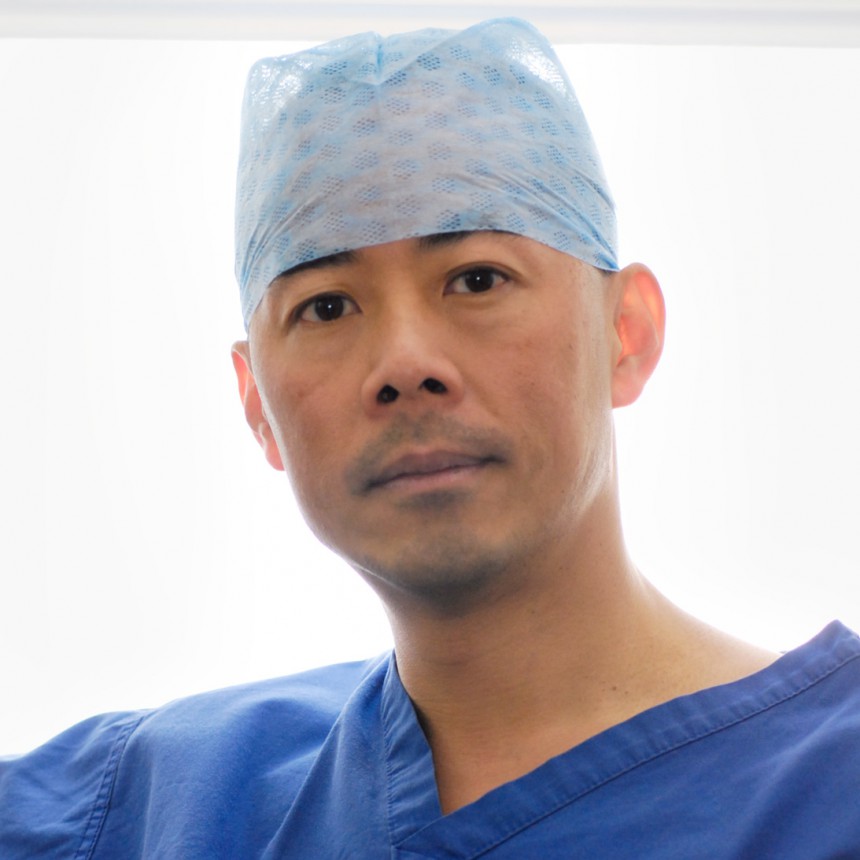
Cheek Implants

This is achieved with the use of synthetic implants that come in a variety of shapes and sizes to suit your requirements.
What does it involve?
The operation is carried out through small incisions inside the mouth behind the upper lip.
These incisions usually heal very well and the scars will not be visible.
Cheek augmentation surgery is performed under general anaesthesia or under local anaesthesia with total intravenous sedation. Some patients may prefer an overnight stay in hospital after the operation, but this is not usually necessary.
What are the risks?
Complications are RARE, but you should be aware of them so that you can make an informed decision.
Every operation carries with it the risk of bleeding, infection and delayed healing, all of which may require urgent or early reoperation.
In addition, there are risks that are specific to cheek augmentation. If the implant itself becomes infected, it may have to be removed and not replaced until a much later date.
There may be malposition of the implants and/or asymmetry. Nerve injury may occur, though it has to be emphasised that this is very rare.
What should I expect?
Our practice nurse will be in close contact by telephone whilst you are recovering at home and you can contact us as often as you wish.
You will usually be seen in the clinic one week and then one month post treatment. In the longer term, you are welcome to see Mr Ng for a check up at any time and all follow up appointments are free of charge whether they be at 1 month or even 10 years post operatively.



